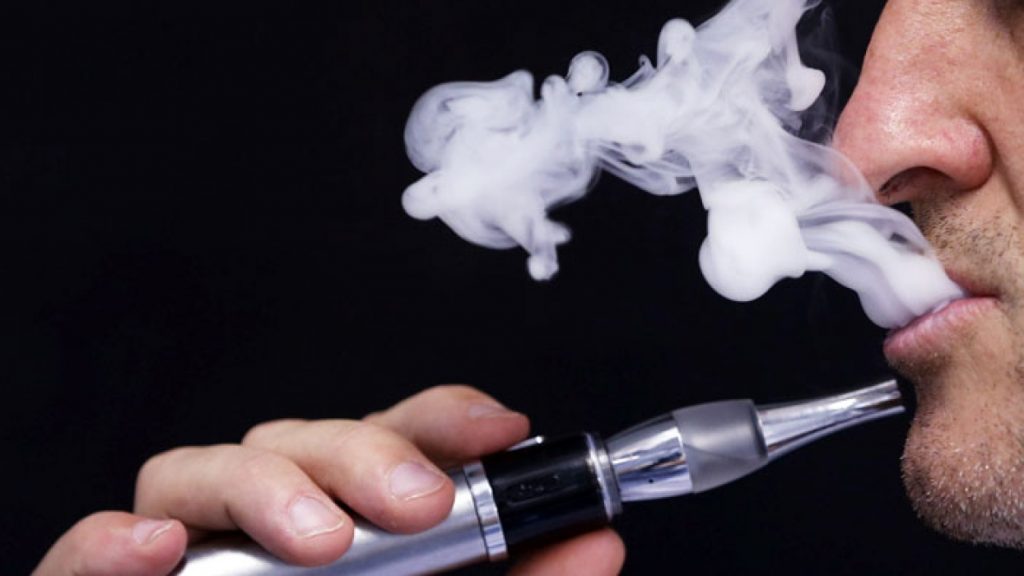New York: There appears to be a clear link between e-cigarette use and mental fog as two new studies have found that those who vape were more likely to report difficulty concentrating, remembering, or making decisions than their non-vaping, non-smoking peers.
It also appeared that kids were more likely to experience mental fog if they started vaping before the age of 14.
“Our studies add to growing evidence that vaping should not be considered a safe alternative to tobacco smoking,” said study author Dongmei Li, Associate Professor at University of Rochester Medical Centre (URMC) in New York.
The studies, published in the journals Tobacco Induced Diseases and Plos One, analysed over 18,000 middle and high school student responses to the National Youth Tobacco Survey in the US and more than 886,000 responses to the Behavioral Risk Factor Surveillance System phone survey from US adults.
Both surveys asked similar questions about smoking and vaping habits as well as issues with memory, attention and mental function.
Both studies showed that people who smoke and vape — regardless of age — are most likely to report struggling with mental function.
Behind that group, people who only vape or only smoke reported mental fog at similar rates, which were significantly higher than those reported by people who do not smoke or vape.
The youth study also found that students who reported starting to vape early — between eight and 13 years of age — were more likely to report difficulty concentrating, remembering, or making decisions than those who started vaping at 14 or older.
“With the recent rise in teen vaping, this is very concerning and suggests that we need to intervene even earlier,” said Li.
While the URMC studies clearly show an association between vaping and mental function, it is not clear which causes which.
It is possible that nicotine exposure through vaping causes difficulty with mental function.
But it is equally possible that people who report mental fog are simply more likely to smoke or vape — possibly to self-medicate.
Li and her team say that further studies that follow kids and adults over time are needed to parse the cause and effect of vaping and mental fog.
IANS
